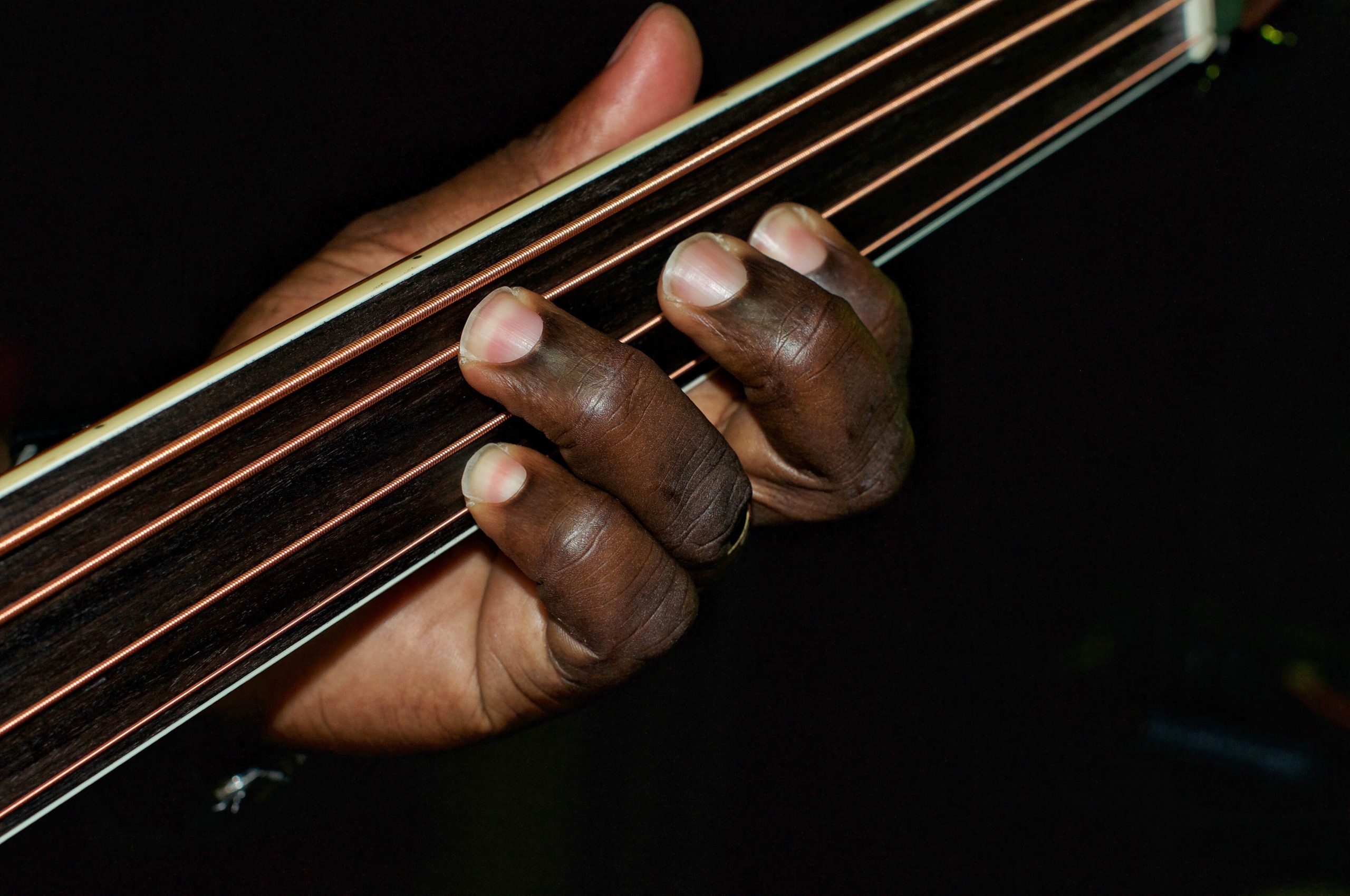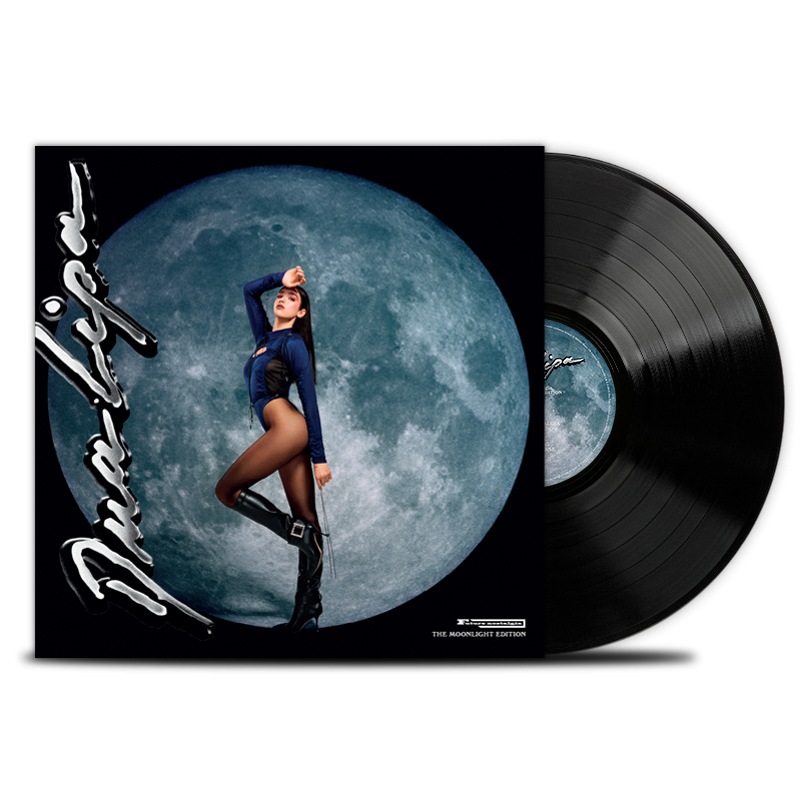by Reed Mathis, of Electric Beethoven
We are socialized to consider the bass a subordinate instrument. As soon as you start learning about live music, you receive the language prompts that guitarists are “heroes” and bassists “hold it down.” Imagery, marketing, and downright conformist prejudice cement this arbitrary role-playing in our minds.
Eventually, a bassist who can do the equivalent of spell their own name on their instrument is applauded as if they’d won the Special Olympics, which is an implicit insult. A bassist who seeks to explore the possibilities inherent in their instrument is described as a “frustrated guitarist.” There’s even a viral Onion article with the insulting headline “Groupie accidentally sleeps with bassist.” Does this strike a nerve? You bet it does.
On the other hand, there are *some* real physical reasons for the role playing. First and foremost, low frequencies are larger, slower, and out of range of the typical human voice, so our ear does not as readily personify them as it does with guitar, violin, horns, etc.
Second, being bound as we are in this physical dimension on the surface of a rotating planet, we are predisposed to expect things “beneath” us to be stable, reliable, mute, and ignorable, like the floors we stand on and take for granted. This reliability and ignorability is the essence of our physical safety on the Earth, and it is understandably disorienting when the things “beneath” are unpredictable & sentient.
Likewise, we are predisposed to expect things “above” to be….us. Creatures, walking, flying, talking, competing. In essence, sounds in the range of the human voice are expected to behave like humans, and sounds below the range of the human voice are expected to behave like the stones and soil that support us. I’ve often speculated that music where the low sounds are democratically interactive can only be tolerated by listeners whose inner spirituality predisposes them to tolerate feeling disembodied, or even just uncertain.
Many laymen describe modern jazz as sounding like “everyone playing a different song.” What I think they are trying to say, is that the music is disorienting because it lacks ignorable elements, it lacks a background, and therefore lacks a foreground. This has been a revelation to me, as a bassist.
Essentially, the average listener cannot relax and inhabit the sonic space unless there is a portion of the ensemble that they can comfortably ignore. This creates the sensation of being cradled by the firmament, just as we do not fear the ground will suddenly vanish beneath us as we walk. I therefore happily inhabit this ignorable region, in the service of my teammates & the listeners.
Should I want to use low frequencies to be behave expressively, unpredictably, humanly, I take it upon myself to help the ensemble assume the steady ignorable reliability of a good bassist, regardless of what instrument they are holding. Thereby, the bass can behave unpredictably without jarring the listener out of their trance.
The most prevalent example of this phenomenon would be 70’s reggae, where the bass moves about expressively (still with repetition), and the mid-range instruments hold a skank pattern that never disappears, and can therefore be taken for granted.
In short, playing the bassist role expected of you is an act of compassion and generosity, not of subordination. It used to be said that “a woman’s place is in the kitchen.” This is obviously absurd. An arbitrary role assigned to an entire gender.
Likewise, the role of bassist is not a type of person, nor is it the predestined fate of the instrument. And yet, voluntarily supporting and enabling your teammates while giving the listener an unconscious sense of security is beautiful, noble, wise, and satisfying.




























